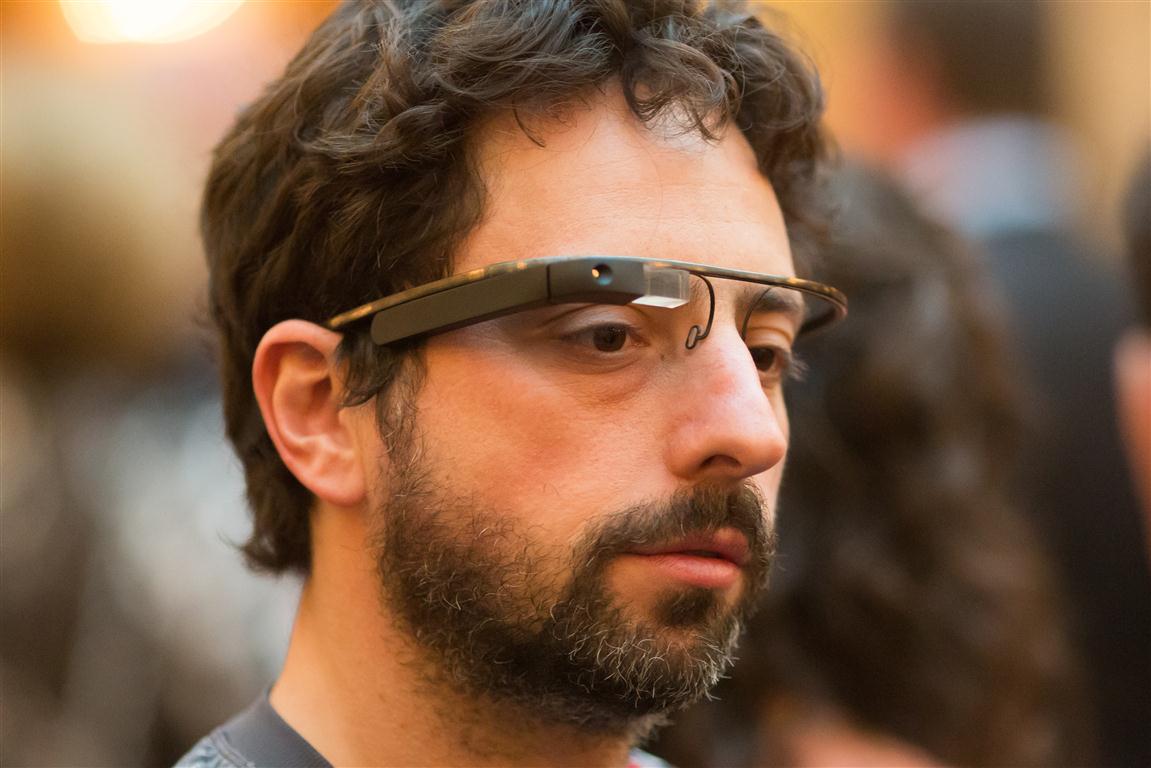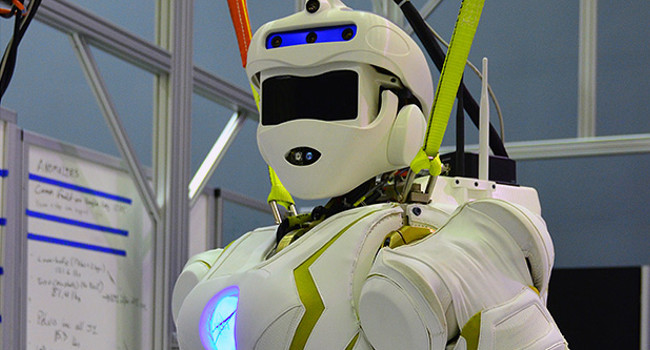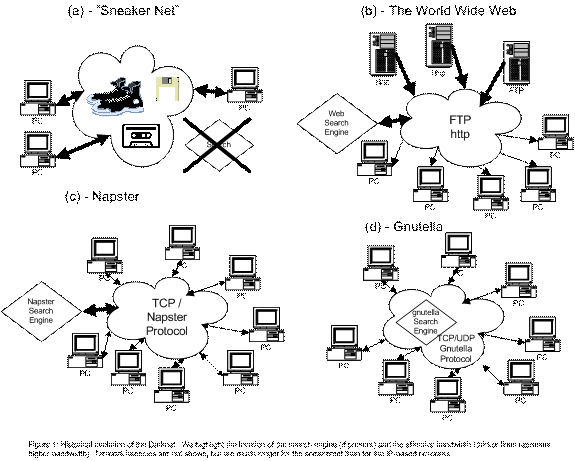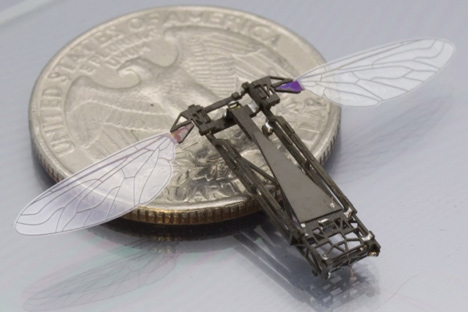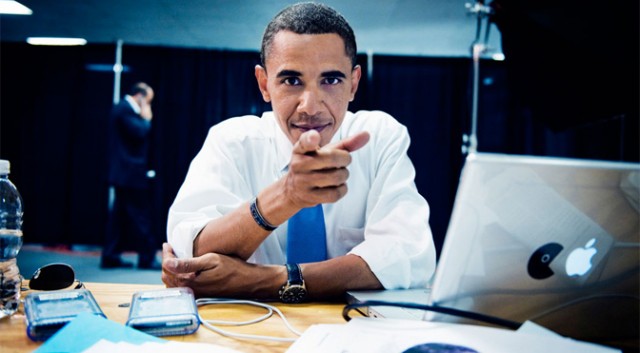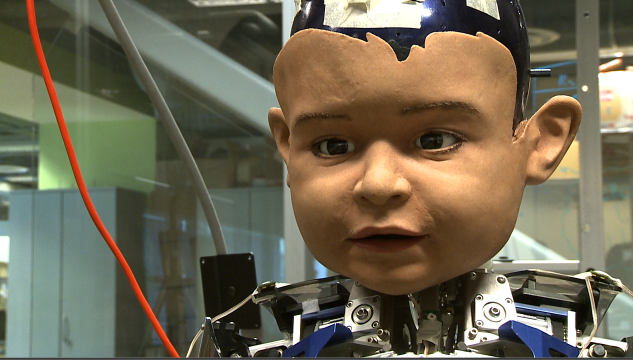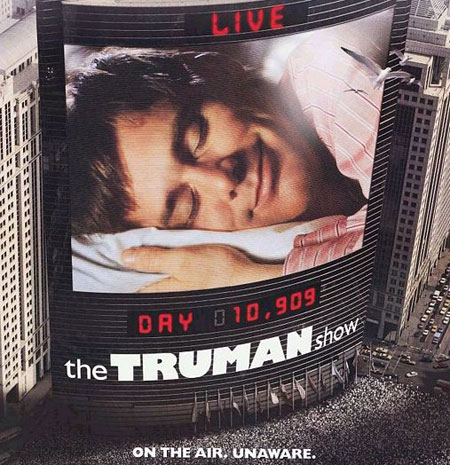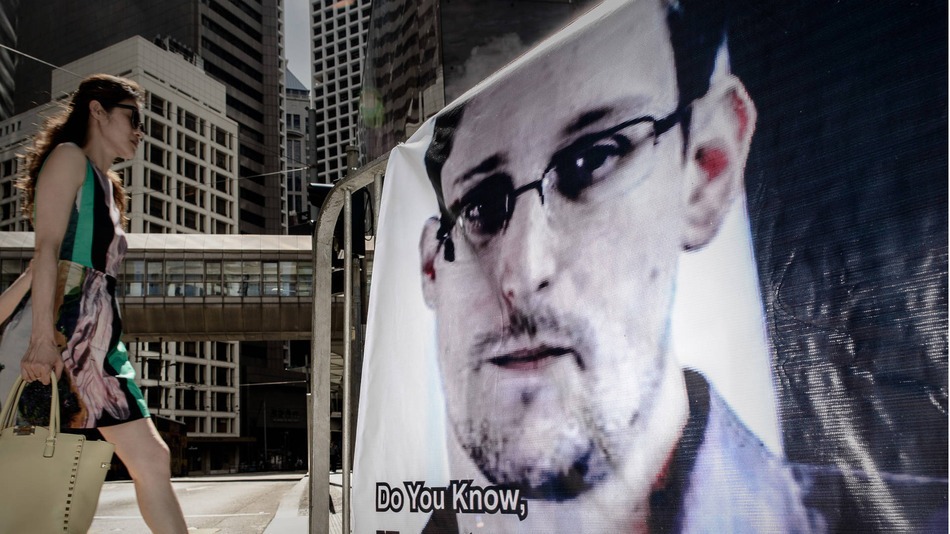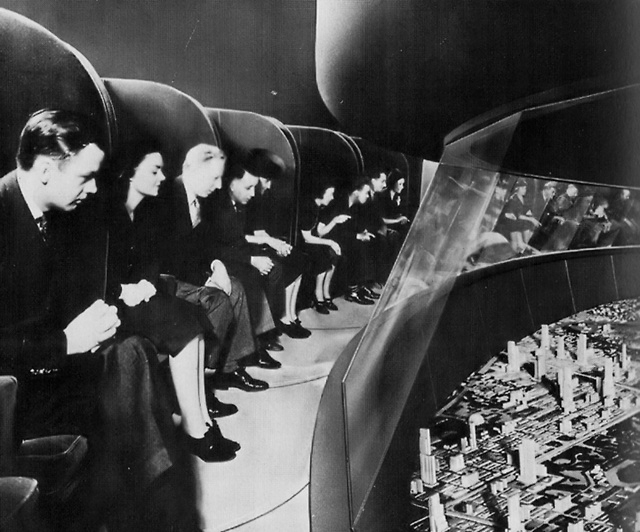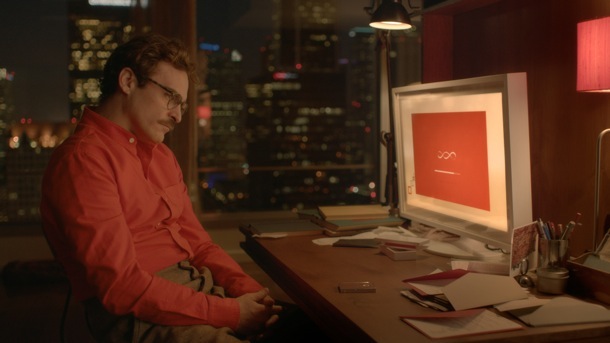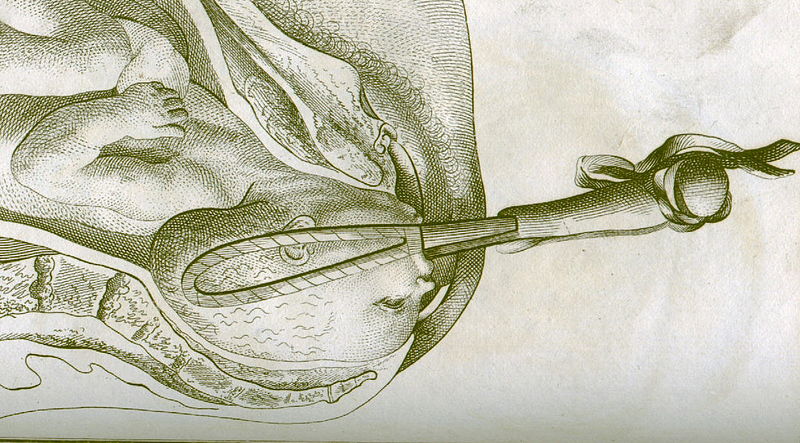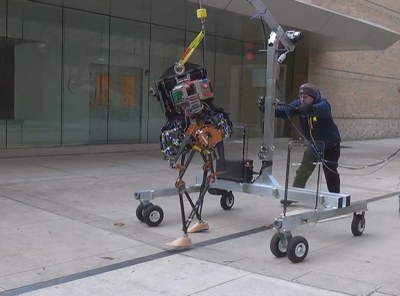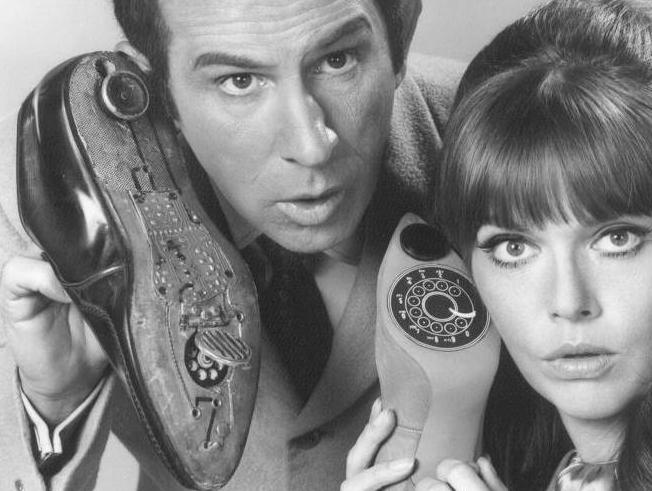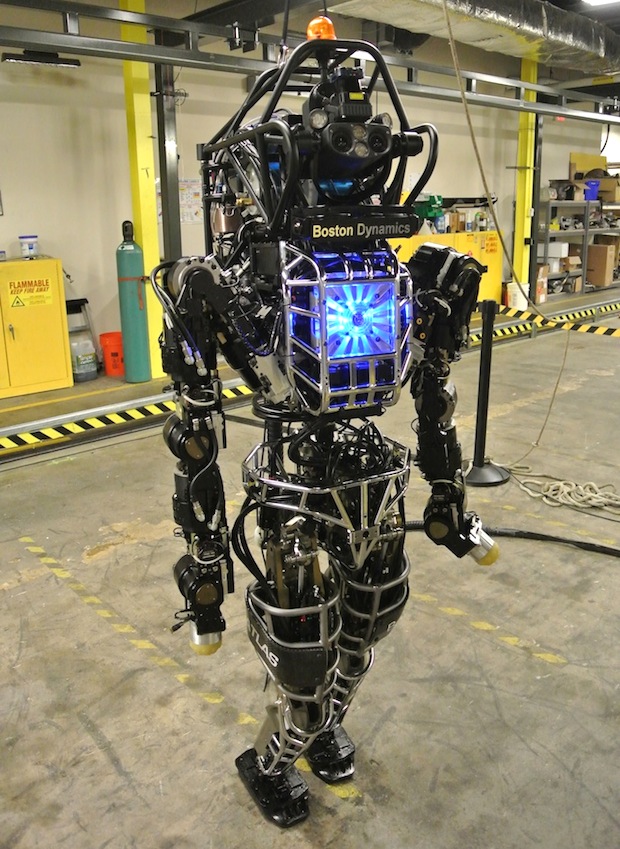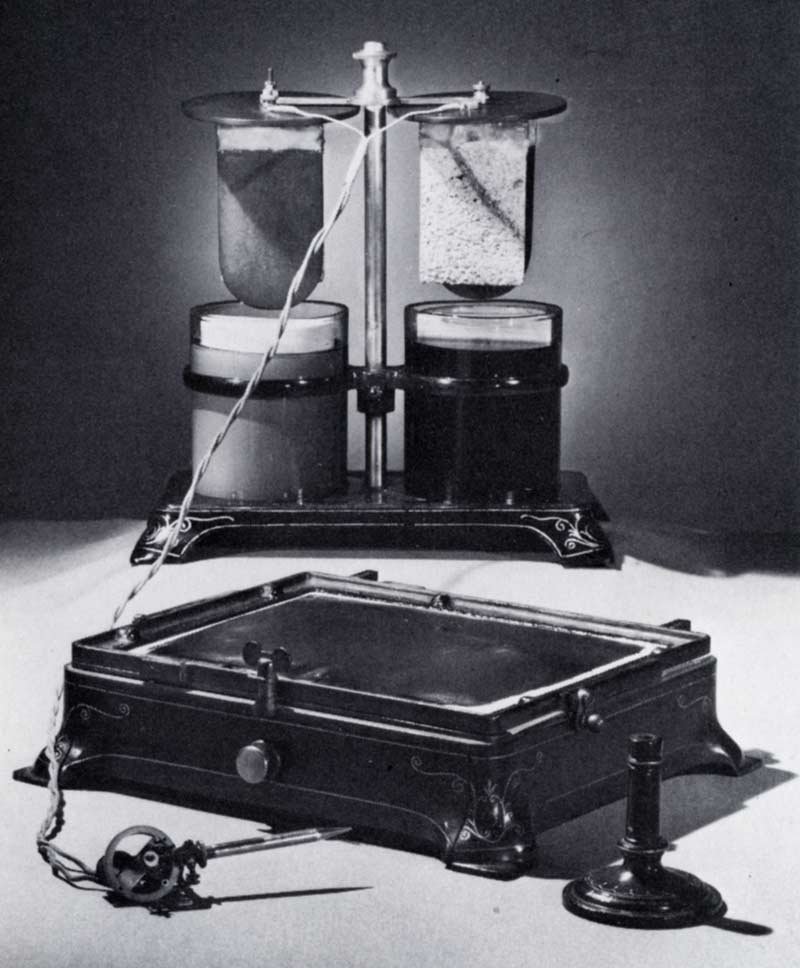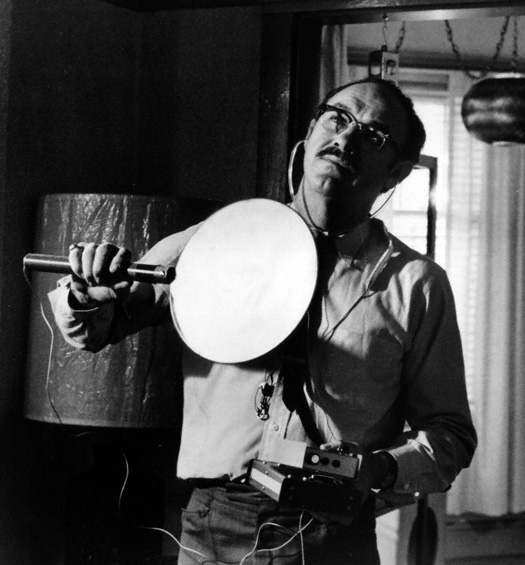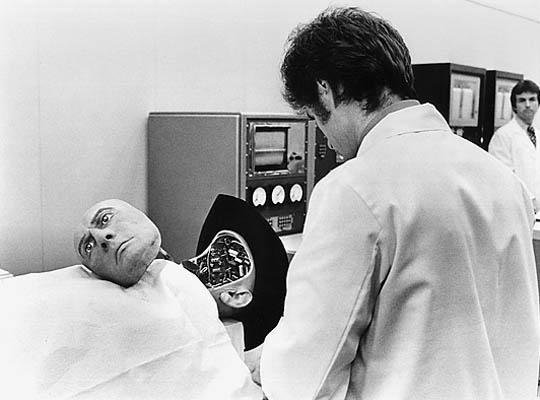I remember when listening to a smart Grantland podcast Bill Simmons did with the excellent documentarian Alex Gibney, that the guest pointed out that even if every racer in the Tour de France was using performance-enhancing drugs, that they would all still be guilty. I’m not sure I agree, at least not always.
People who drank during Prohibition may have been technically guilty of a crime, but it was the law that was in error, and there was no way to imprison everyone who was sneaking a drink. The law was impractical because it was antithetical to human nature. It enforced a norm that wasn’t normal.
I think something like that is also true about the age of surveillance. If everyone is spying–individuals, corporations and governments–it will become difficult to fault anyone. And if millions upon millions of people are caught in behavior that is outside the norm–not anything illegal, just embarrassing–maybe the norms are changed. If everyone is guilty, no one is guilty.
But I think the concern that surveillance is going to make humans automatons won’t bear out. It certainly hasn’t so far.
Glenn Greenwald believes that governments can be transparent while individuals can have privacy. While I wish was that was the case, I seriously doubt that scenario occurs. From Edward Moyer’s Cnet interview with Greenwald:
“Question:
Both you and Julian Assange have said it’s crucial for governments to be transparent and for individuals to have privacy. Talk about your views on privacy — how it’s important not just politically but also in terms of creativity and self-exploration.
Glenn Greenwald:
You know, I think it’s interesting because a lot of times people have difficulty understanding why privacy’s important…and so what I try to do is look at human behavior, and what I find, I think, is that the quest for privacy is very pervasive. We do all kinds of things to ensure that we can have a realm in which we can engage in conduct without other people’s judgmental eyes being cast upon us.
And if you look at how tyrannies have used surveillance in the past, they don’t use surveillance in support of their tyranny in the sense that every single person is being watched at all times, because that just logistically hasn’t been able to be done. Even now it can’t be done — I mean, the government can collect everybody’s e-mails and calls, but they don’t have the resources to monitor them all. But what’s important about a surveillance state is that it creates the recognition that your behavior is susceptible to being watched at any time. What that does is radically alter your behavior, because if we can act without other people watching us, we can test all kinds of boundaries, we can explore all kinds of creativity, we can transgress pretty much every limit that we want because nobody’s going to know that we’re doing it. That’s why privacy is so vital to human freedom.
But if we know we’re being watched all the time, then we’re going to engage in behavior that is acceptable to other people, meaning we’re going to conform to orthodoxies and norms. And that’s the real menace of a ubiquitous surveillance state: It breeds conformity; it breeds a kind of obedient citizenry, on both a societal and an individual level. That’s why tyrannies love surveillance, but it’s also why surveillance literally erodes a huge part of what it means to be a free individual.”


